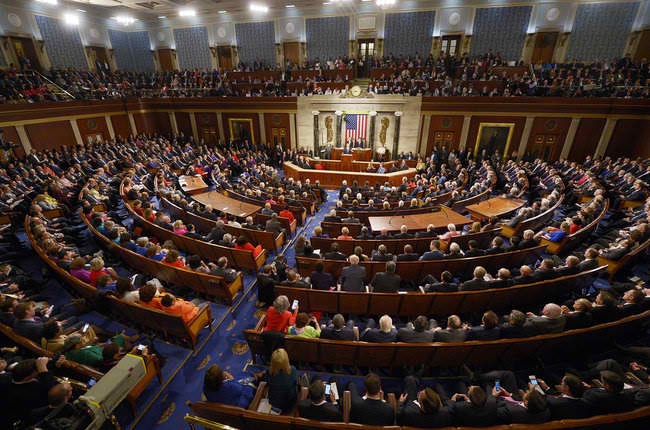On Wednesday (Oct 18) music performers, songwriters, producers and engineers in nearly 300 districts across all 50 U.S. states are meeting with their congressional offices to discuss legislative issues affecting the music industry, as part of the Recording Academy’s fourth annual District Advocate Day. Key issues will include fixing outdated laws around performance royalties, modernizing copyright law to account for music producers and advocating for future generations.
“The participation of members across all 50 states is an unprecedented milestone signaling that the music community is firmly united in advocating for a fair and just future for all music creators,” Daryl Friedman, chief industry, government & member relations officer of the Recording Academy, said in a statement. “We look forward to having these in-depth conversations with members of Congress and reinforcing that music lives in every state, and deserves to be heard in Washington, D.C.”
Key legislation includes the bipartisan Fair Play Fair Pay Act, which was first introduced to the House of Representatives in March 2017 and would require terrestrial AM/FM broadcast radio stations to pay royalties for each transmission of copyrighted sound recordings. The U.S. is currently one of the few countries in the world without a performance royalty on radio and U.S. artists do not receive performance royalties for overseas radio play because of this lack of a reciprocal right. As a result, $200 million in overseas royalties for U.S. artists are left on the table every year, creating a royalty “black box” in its own right.
Another key focal point for District Advocate Day is the Allocation for Music Producers (AMP) Act, which was first introduced in 2015 but revisited last February in an effort to extend performance royalty payouts to music producers, mixers and engineers. Artists can already request to pay a portion of their performance royalties to producers and other participants in the creative process on SoundExchange via a Letter of Direction, but the AMP Act would cement this voluntary process into federal law.
For years, songwriters and composers have also advocated for revisions to decades-old consent decrees between ASCAP and BMI that suppress songwriter royalties below fair-market value -- although antitrust provisions do also benefit songwriters, by establishing a baseline for transparency and allowing new music consumption platforms to enter the marketplace more easily, with the hopes of generating new revenue for creators.
One legal point of contention among the Recording Academy membership is the Transparency in Music Licensing and Ownership Act, which was introduced in July 2017 and would require significant data input to ensure copyright protections for songwriters that are guaranteed as a basic right in all other arts. At an advocacy town hall last month, Todd Dupler, senior director, advocacy & public policy for The Recording Academy, said that such a law “would take away one of the only legal protections copyright owners have for their royalties.”








